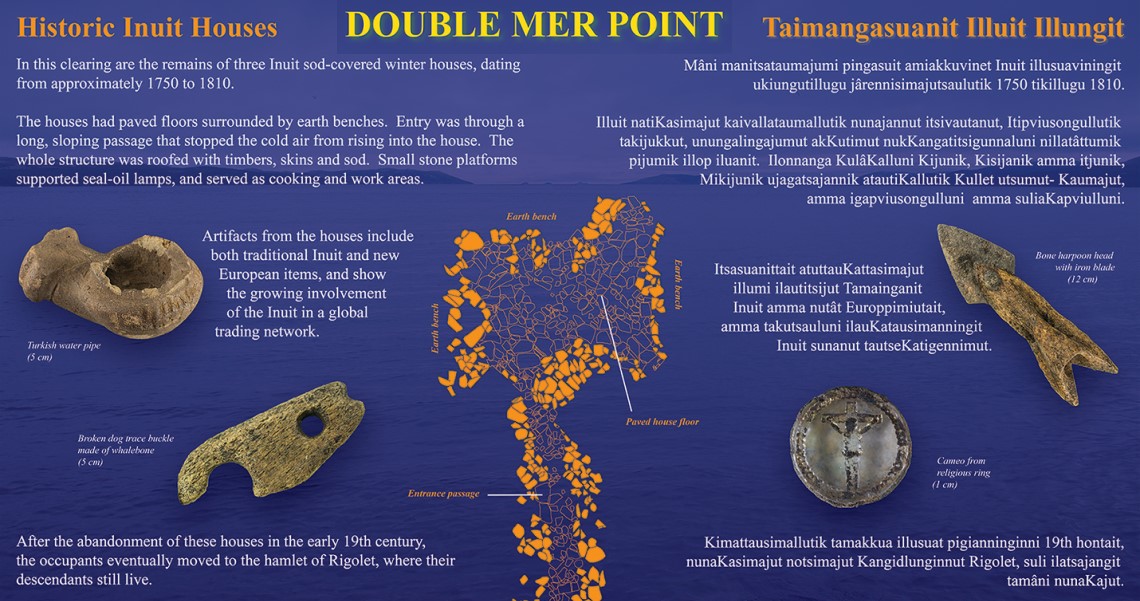Memorial University Research Chair in Northern Indigenous Community Archaeology
Lisa Rankin
Professor, Department of Archaeology
Throughout Dr. Lisa Rankin's career at Memorial, beginning in 2000, her archaeological research has been guided by an awareness of the university's special obligation to the people of the province. She has continuously tried to actualize this by working in collaboration with northern Indigenous communities, designing research projects that are both applicable and readily accessible to the people in those communities, and based on the mutual recognition of both academic and community research needs. One example of her approach was the five-year interdisciplinary CURA project "Understanding the Past to Build the Future", designed and carried out in collaboration with the Southern Inuit communities of NunatuKavut, which examined Southern Inuit history and archaeology to address contemporary issues such as land claims, capacity building and education. This approach continues into her current leadership of the equally interdisciplinary SSHRC Partnership Project, "Tradition and Transition Amon the Labrador Inuit", linking Memorial University and the government of Nunatsiavut, and subsuming a variety of long-term research themes relating to Inuit-Land relationships, leadership and self-determination, and the expressions of identity. Dr. Rankin assumed the Memorial University Research Chair in Northern Indigenous Community Archaeology in 2017. The mandate of this research chair is to investigate long-term cultural history and change in indigenous Northern communities, within a broader environmental and regional context and in full collaboration with contemporary local communities. The research focus is primarily on Labrador, but also extends to other adjacent regions in The North. In her role as Research Chair, Dr. Rankin will have the opportunity to demonstrate long-term relationships between people, land and seascapes, as well as the evolving roles of tradition and innovation in social relations and decision-making. Her research aims to assist northern populations to formulate contextualized answers to contemporary problems including climate change, economic development, heritage, intergenerational relationships, and policy development. The scope and intent of Dr. Rankin's research is revealed by the key word "Community" in the title of the Research Chair. This embodies the theoretical approach of her work, namely, that the study of cultural history and long-term culture change is most effectively carried out through the analysis of communities and their constituent households, viewed within the appropriate local environmental, historical and social context. Further, the word "Community" conveys Dr. Rankin's conviction that research into cultural history must be both developed and carried out in partnership with the people who have the greatest stake in the results, the local indigenous communities whose history it investigates.
